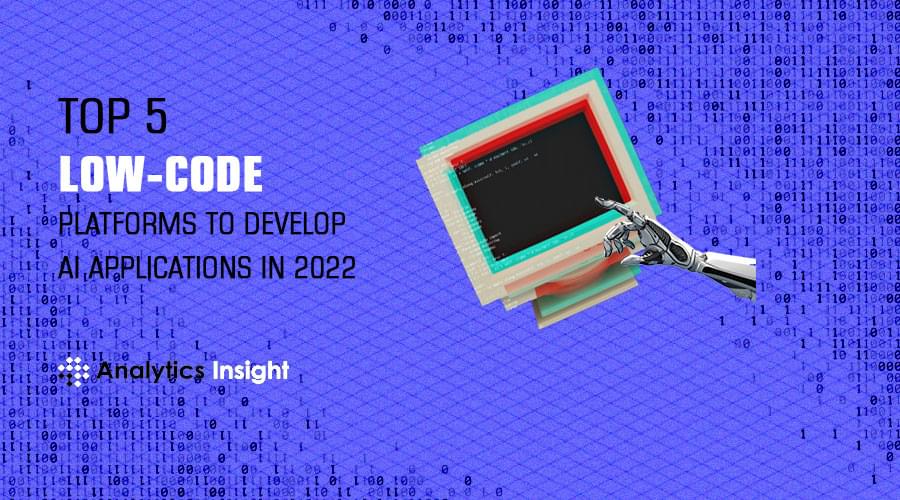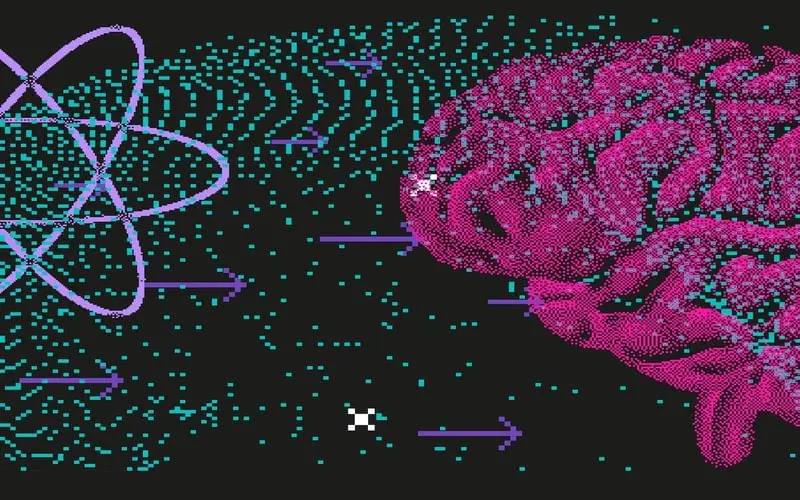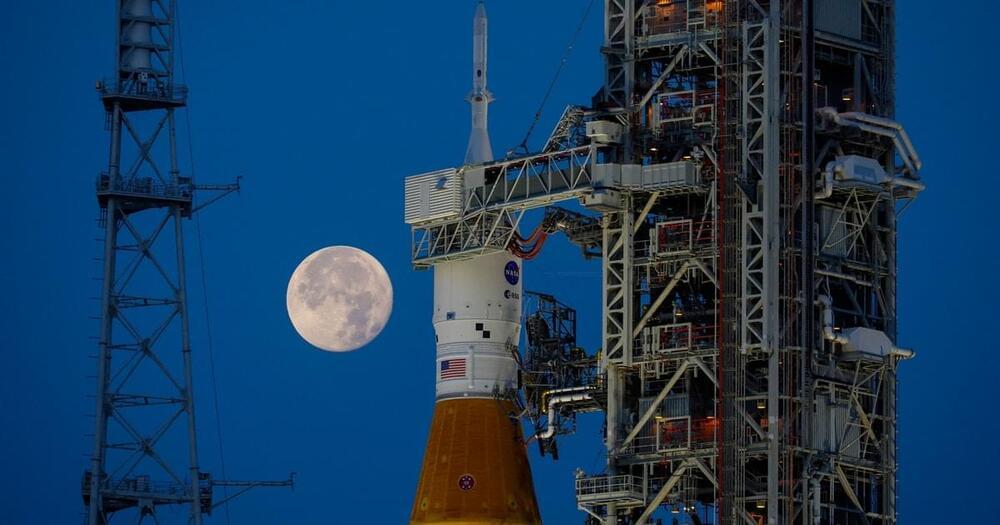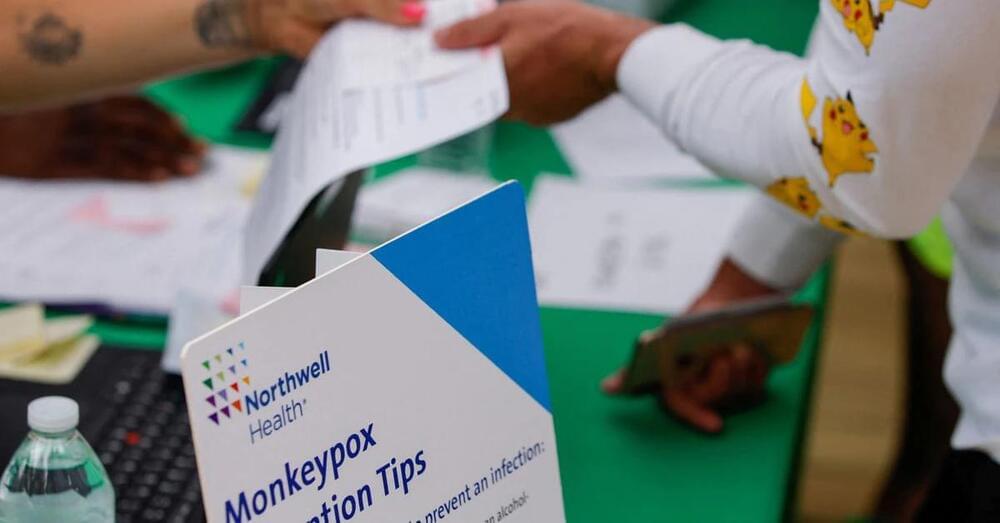When communication lines are open, individual agents such as robots or drones can work together to collaborate and complete a task. But what if they aren’t equipped with the right hardware or the signals are blocked, making communication impossible? University of Illinois Urbana-Champaign researchers started with this more difficult challenge. They developed a method to train multiple agents to work together using multi-agent reinforcement learning, a type of artificial intelligence.
“It’s easier when agents can talk to each other,” said Huy Tran, an aerospace engineer at Illinois. “But we wanted to do this in a way that’s decentralized, meaning that they don’t talk to each other. We also focused on situations where it’s not obvious what the different roles or jobs for the agents should be.”
Tran said this scenario is much more complex and a harder problem because it’s not clear what one agent should do versus another agent.







